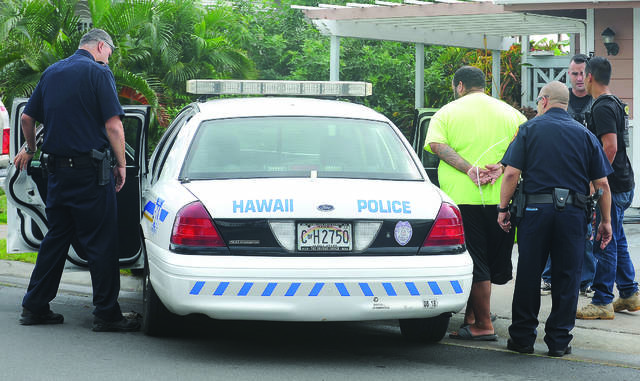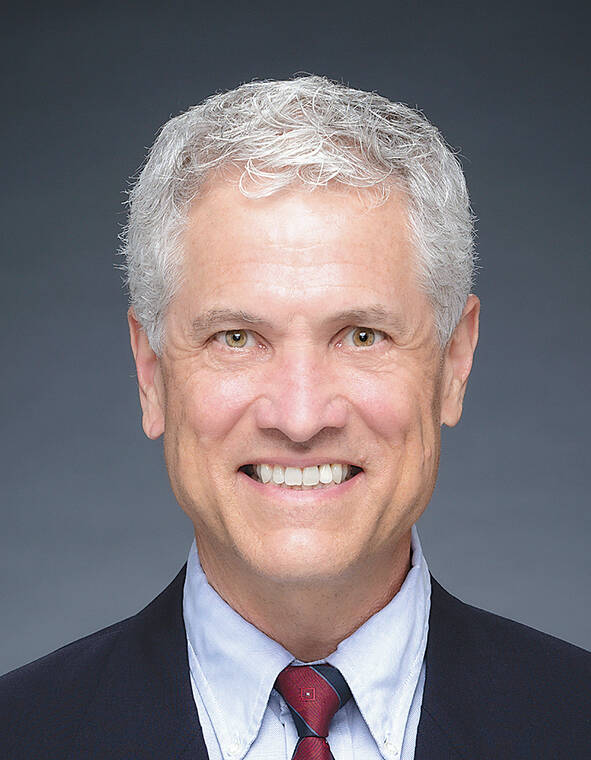KAILUA-KONA — Thousands of cases come across the desks of county prosecutors every year. However, it’s the small minority of repeat offenders that cause the most trouble in the community.
It’s that minority group that the prosecutor’s office dedicates funds to handle those particular cases. The Career Criminal Unit within the Hawaii County Prosecuting Attorney’s Office and in every county throughout the state was established by the state Legislature 40 years ago.
But as the years have rolled on, funding for these units have slowly depleted.
Hawaii County prosecutors are now seeking an additional $365,000 from the Legislature for the office’s unit for fiscal years, 2019-20 and 2020-21.
“It’s an important part of our office,” Hawaii County Prosecutor Mitch Roth said. “We’re able to go after the worst of the worst.”
Today, Roth will plead his case on behalf of his office during a public hearing before the committees of Public Safety, Intergovernmental and Military Affairs, Judiciary and Ways and Means on Oahu.
The prosecutor’s office is already receiving $324,512 for the 2019-20 fiscal year from the state. Due to a 5 percent contingency restriction, the office will only be allowed to spend $308,286.
Dale Ross, First Deputy Prosecuting Attorney, said throughout the years as the funding was going downward, it became apparent at some point that the funding was inadequate to finance the unit. The funds pay for three attorneys, three clerks, two investigators and a legal assistant.
“In order to maintain this program we’ve had to apply for state funding through bills,” Ross said. “In some years past the county has stepped up to fill in the gap.”
Initially, Hawaii County received about $733,000 to fund the unit. The cost was slowly cut in half. By 2016, the Legislature provided approximately $324,000 to the unit.
Ross said the prosecutor’s office receives an excess of 16,000 cases a year for screening of charges.
“We have to be able to prioritize,” she said. “We have this uniform definition of a career criminal that’s understood by police, judiciary. They have priority over other cases in terms of our resources.”
Roth said he’s requested additional money for the unit from the Legislature two or three times in the past.
“This is something that isn’t unusual for us to be asking — I know we have to fight when we go to get it though,” he said. “We’re just putting in the same bill to keep the program afloat.”
One case that the Career Criminal Unit handled was that of Derek Conway. Conway was flagged by the unit as he was in and out of the court system for several years for various charges including weapon and drug offenses.
After several probations and stints in jail, he was sentenced to 20 years in prison for drug-related charges in 2017.
Ross said Conway had been given multiple opportunities to reform.
“It’s a really important program,” Ross added. “It puts attention on defendants who are causing the most havoc in our community.”
If approved, the act will take effect on July 1.






